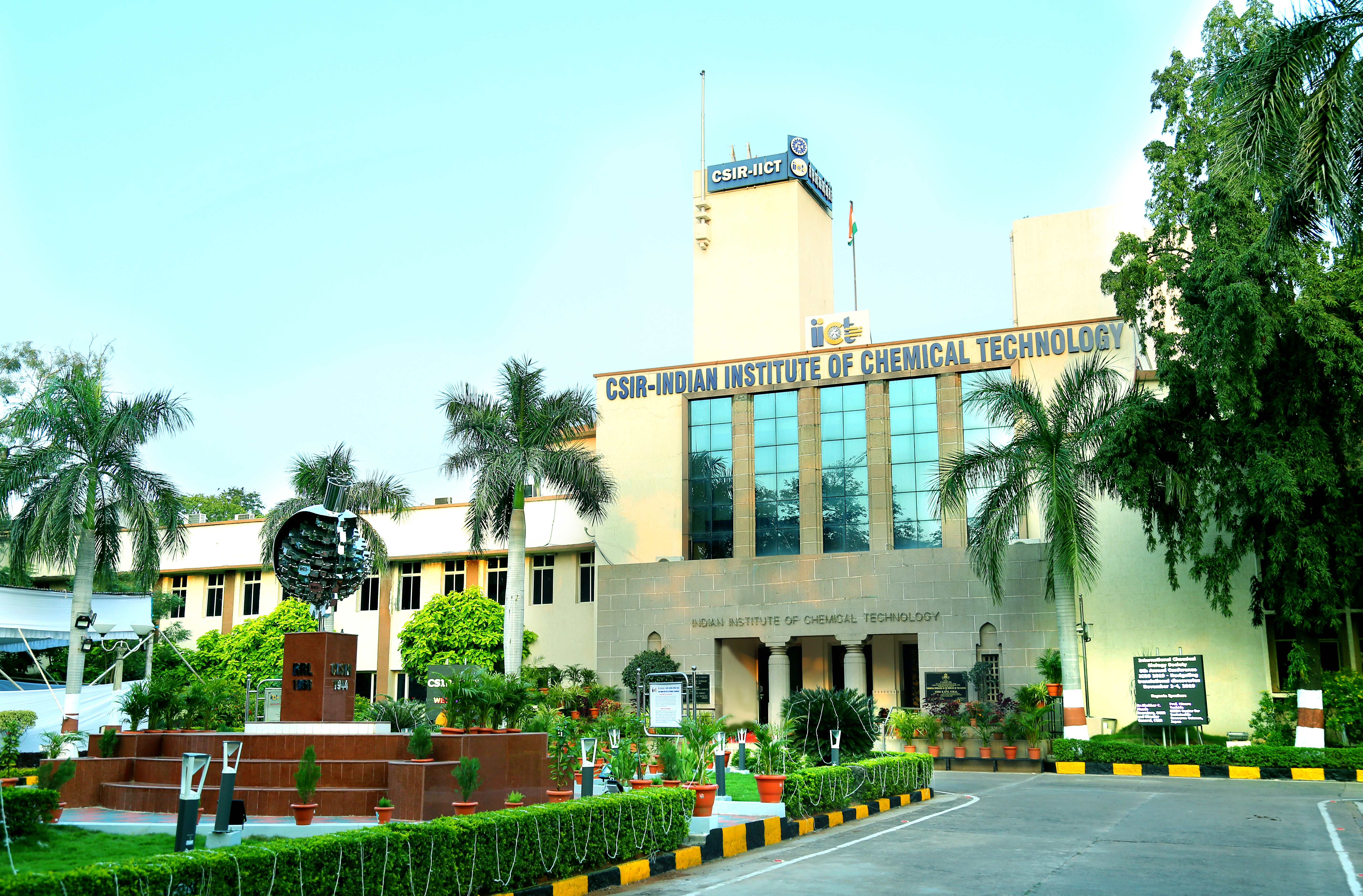The increasing demand for the energy
consumption and drastic impacts of global warming
has compelled the scientifc community to work for
alternative energy sources with reduced carbon
footprint. Anthropogenic CO2 emissions, presents
one of the most significant challenges that humanity
has ever faced. It highlights a critical vulnerability in
the annals of human history and has become a central
issue in the global efforts to address the societal
challenges and economic concerns worldwide.
Carbon Capture, Utilization, and Storage (CCUS)
has been widely considered as a means to mitigate
the CO2 emissions, employing solid sorbents, amine
solvents, porous materials etc. Catalytic strategies,
including catalysis, photocatalysis, and electrocatalysis
plays a pivotal role in activating the inert CO2
molecule and its conversion into value-added
chemicals and fuels. Under the aegis of Catalysis
Society of India (CSI) and CO2 India Network, the
CEES-2024 conference at CSIR-IICT is expected to
convene the active researchers from various fields
related to energy and environment. This conference
aims to establish a clear vision and roadmap for the
fundamental and technological breakthroughs in R
& D of catalysis in achieving carbon neutrality.
CSIR-Indian Institute of Chemical Technology
(IICT), Hyderabad, established in 1944, is a constituent
laboratory of Council of Scientic and Industrial Research
(CSIR), New Delhi. With the expertise in chemistry and
chemical technology, the Institute provides solutions to
challenges faced by Industry, Government Departments
and Entrepreneurs through basic and applied research
and process development. The institute is internationally
recognized for the contributions to chemistry research
and is an ideal place for taking ideas to commercialization
through state of the art research and development. More
than 150 technologies developed by CSIR-IICT are now in commercial production. The Institute has
state of art facilities like National MolBank, HTS for
chemical library generation & screening, LC-MS,
NMR (upto 700 Mhz), Laser Raman, Ultrafast Laser
spectroscopy, Fluorescence correlation spectroscopy,
Automated synthesizer, XRD, SEM, TEM, AFM,
ESCA, etc.
(www.iict.res.in)
